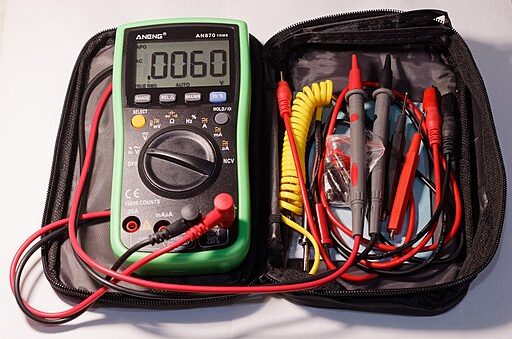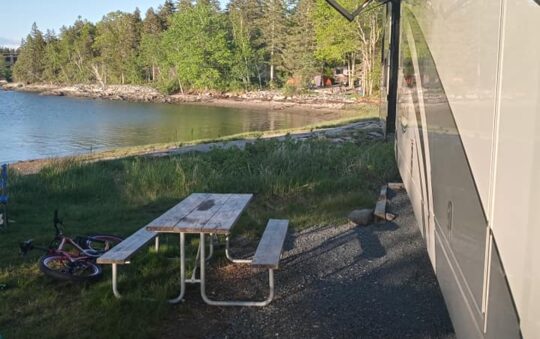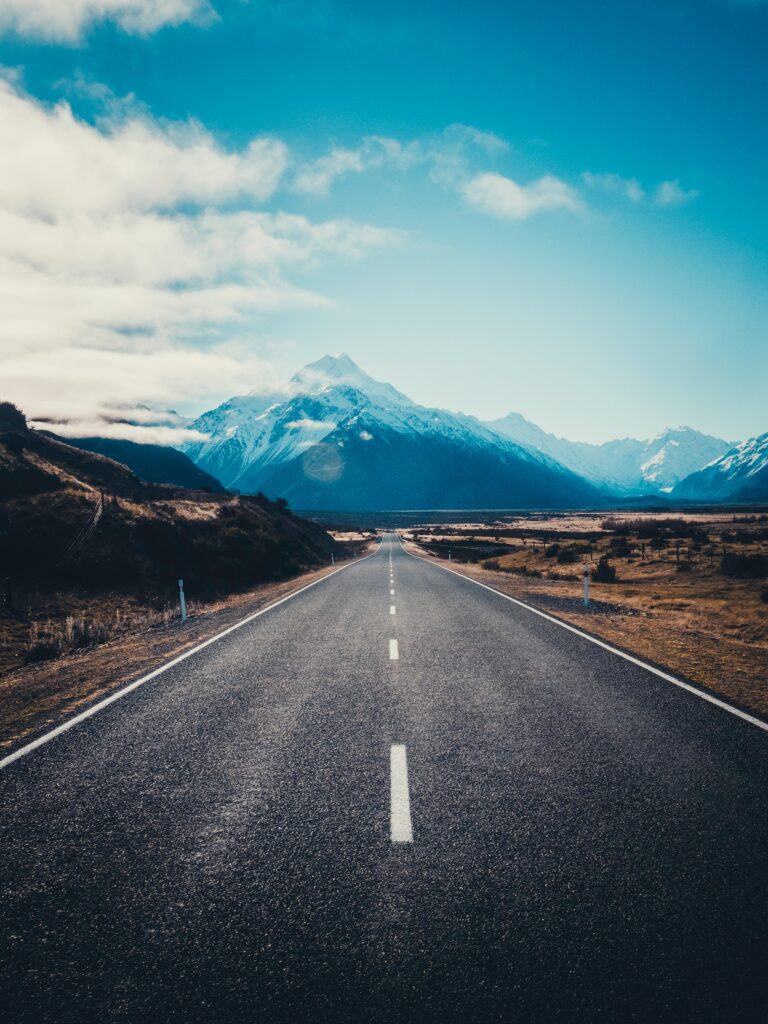
Looking for camping trip tips? Camping is a fantastic way to immerse yourself in the great outdoors and explore nature’s beauty. But for first-time campers, the whole experience can seem quite overwhelming. Don’t worry – we’ve got you covered with these 10 essential camping trip tips that will make your adventure a total breeze! From packing the right supplies to keeping your tent and RV clean, this guide will give you all the advice you need to plan a stress-free camping trip. Even if you are a camping veteran, there are always new tips and tricks to learn to make your camping experience more enjoyable.
1. Keep It Clean
As someone who loves RV adventures and a former tent camper, I know how important it is to keep the camping space clean. No one wants to sleep on a bed of dirt or constantly step on rocks and twigs inside their living space! Over the years, I have found sometimes it’s a winless battle. But here are some of the things we have found helpful. For RV lovers, make sure to give your home on wheels a deep clean before hitting the road. I can’t believe how fast dust and dirt accumulates in the RV. Keep surfaces wiped down and use a handy handheld vacuum to keep floors tidy. Feather dusters are your friend! During your trip, cleaning up spills and messes right away is crucial to keeping a clean space. Tent campers, please remove those shoes before entering the tent (we do this in the RV too)! Bring a pair of comfy camp shoes or slippers to wear inside instead. I found just barefoot or socks often worked (except in winter). Foam flooring tiles also work wonders when tent camping and help keep space clean. The tiles are easily removable when they become dirty to shake out of the tent. We have also found using a door mat works wonders.
2. Food Preparation
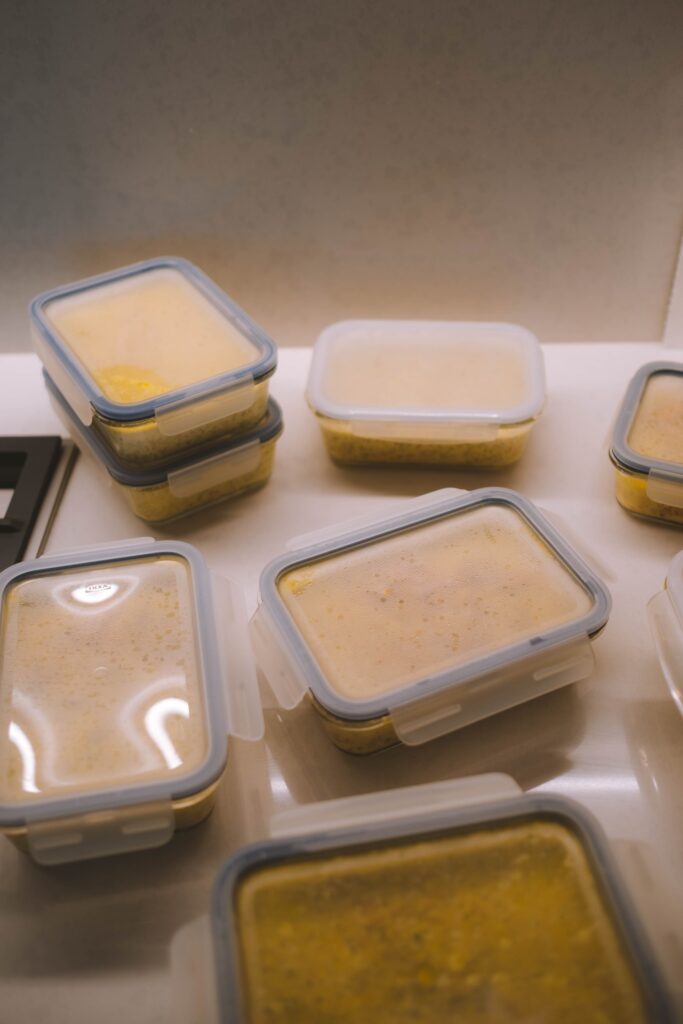
One of the best camping trip tips to save time and space during your outings is to prepare your food ahead of time. Cutting and seasoning meats, pre-mixing pancake batter, and chopping vegetables in advance can significantly reduce the amount of time and effort needed to prepare meals at the campsite. Who wants to spend time cutting onions when you could be relaxing by the fire? When it comes to packing food for your camping trip, just pack only what you need. I am often guilty of overpacking but have started to watch what we load. If I didn’t have that jar of pickles the last five trips, likely I won’t this time either. Preparing food in advance allows you to measure out the exact amount of ingredients needed, reducing the risk of bringing excess food that may go to waste. It also frees up valuable space in your cooler, fridge or food storage containers. To prepare for your camping trip, create a menu and a grocery list beforehand to ensure you have everything you need. Take the time to prepare and package your food in airtight containers or plastic bags and label them with the contents and cooking instructions to make mealtime a breeze. Take a look at our RV meal planning tips article for more ideas.
3. Fire Safety

A campfire is one of the most fun parts of any camping trip. It offers warmth, lighting, and a location to prepare meals (smores and mountain pies). However, it’s crucial to follow fire safety to prevent accidents and protect the environment. When setting up a fire, it’s important to use a designated fire ring, stove, or fireplace/pit. This helps contain the fire and prevent it from spreading beyond its intended area. Keep the fire small and manageable, and never leave it unattended. Before leaving the campsite or going to bed, ensure that the fire is entirely extinguished, and the embers are cold to the touch. Make sure to check for any fire restrictions or bans in the area you’re camping in. During times of high fire danger, fires may be prohibited to prevent wildfires from starting. Additionally, it’s important to be mindful of the environment and only burn dry, dead wood. Burning trash or other materials can release harmful chemicals and damage the surrounding ecosystem.
4. Keeping Children Safe: Camping with Kids
Camping with kids can be fun and memorable, but it’s essential to take extra precautions to ensure their safety. One of the most important things you can do is teach children what to do if they get lost. Instruct them to stay where they are and find a nearby tree or landmark to stay by until they are found. Children can also carry a whistle around their neck to call for help when lost. Three blows on the whistle indicate “I’m lost” or “I need help.” It’s also important to keep a close eye on children at all times and establish clear boundaries for where they can and cannot go. Encourage children to stay within sight and earshot and avoid wandering off alone. When setting up camp, designate a specific area for children to play, and teach them about potential hazards, such as steep drops or bodies of water. Additionally, be sure to pack plenty of snacks and water to keep kids fueled and hydrated throughout the day. Bring games and activities to keep them entertained during downtime, such as coloring books or card games. See our other tips for camping safely.
5. Dressing for Comfort
Dressing appropriately for the weather is crucial for a comfortable camping experience. The key is to wear several layers that can be adjusted as needed to regulate your body temperature. This allows you to add or remove clothing depending on the weather and your activity level. When packing for your camping trip, consider bringing a mix of lightweight, moisture-wicking layers and heavier, insulating layers to cover all your bases. It’s also essential to remember that children get cold faster than adults, so be sure to pack plenty of warm clothing and blankets for them. Dress them in layers, including a base layer, mid-layer, and outer layer, and be sure to bring hats, gloves, and warm socks to keep their extremities warm. Additionally, it’s crucial to stay dry while camping. Pack rain gear and waterproof footwear to stay dry during wet weather, and avoid cotton clothing, which can trap moisture and lead to hypothermia in cold weather.
6. Staying Hydrated
Staying hydrated is a must, especially during warmer weather. Its often a not much thought of camping trip tip. Make sure you pack plenty of water, along with proper containers. It’s essential to drink plenty of water to prevent dehydration, which can cause headaches, fatigue, and even heat exhaustion. When planning your camping trip, be sure to bring an adequate supply of water for your group. A general rule of thumb is to bring at least one gallon of water per person per day, but this can vary depending on the weather and activity level. If you plan on hiking or engaging in other strenuous activities, you may need to bring more water. It’s also important to avoid sugary or caffeinated drinks, which can dehydrate you further. Instead, opt for water or electrolyte-rich beverages to replenish fluids lost through sweating. To make sure you’re drinking enough water, keep a water bottle with you at all times and take frequent sips throughout the day. Encourage children to drink water regularly, and monitor their water intake to ensure they’re staying hydrated.
7. First Aid Kits
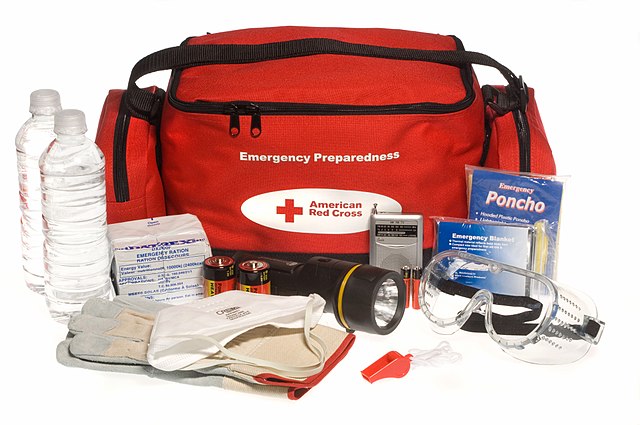
Accidents can happen anywhere, and camping is no exception. It’s important to pack a comprehensive first aid kit, including bandages, antiseptics, pain relievers, and other essentials. Know how to use the items in your kit and seek medical attention if necessary. Additionally, it’s important to tailor your first aid kit to your specific camping trip. For example, if you plan on hiking, you may want to include blister pads, an elastic bandage, and a splint. If you’re camping in an area with venomous snakes, a snake bite kit and antivenom may be necessary. It’s also crucial to bring any necessary medications, such as inhalers or EpiPens, and ensure they are easily accessible in case of an emergency. Furthermore, it’s important to review your first aid kit periodically and replace any expired items or restock any items that have been used. By having a well-stocked and tailored first aid kit, you can feel confident and prepared for any potential accidents or injuries during your camping trip. Remember, incorporating these camping trip tips can help ensure a safe and enjoyable outdoor experience for all.
8. Leave No Trace
We are visitors in the natural environment. As such, one of the most important camping trip tips is to practice Leave No Trace principles. This means taking everything with you that you brought, including trash, food scraps, and toilet paper. It’s crucial to dispose of waste in designated areas to avoid damaging the ecosystem. Additionally, it’s essential to respect wildlife and avoid any impact on the environment. This includes avoiding cutting down trees or disturbing vegetation and avoiding disrupting the natural landscape. By practicing Leave No Trace, you can help preserve the natural beauty of the environment and ensure that it remains enjoyable for future generations. Remember to pack out everything you bring with you, dispose of waste in designated areas, and avoid causing any damage to the natural environment. These camping trip tips are crucial to ensure responsible and sustainable camping practices.
9. Tent Footprints: The Ultimate Protection
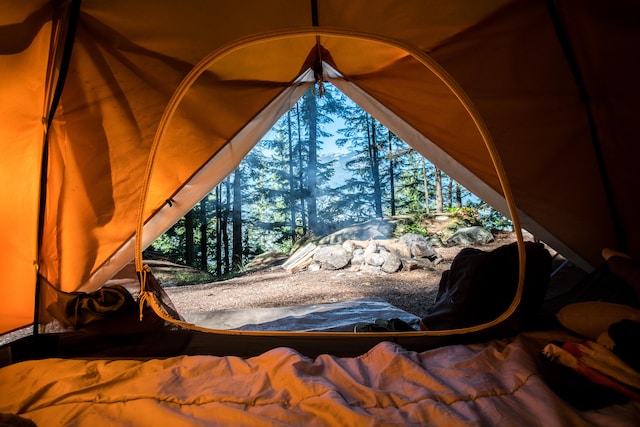
Tent footprints are an essential piece of camping gear that provide a protective layer between your tent and the ground. They come in various sizes, shapes, and materials to fit any type of tent. A tent footprint is essentially a waterproof sheet that is placed under the tent to protect it from rainwater, moisture, stones, sticks and other sharp objects that can damage the floor of your tent. The most common material used for a tent footprint is plastic tarp. It should match the “footprint” of the tent so that it covers the entire area underneath it and prevents water from pooling around or under your tent. This will help keep your tent dry and comfortable during rainy weather conditions. Additionally, having a tarp on the ground also helps protect against wear and tear caused by dirt and debris. Tent footprints are an invaluable piece of camping gear that can make all the difference when it comes to keeping your tent dry and comfortable during wet weather conditions. Not only do they provide protection against rainwater but they also help protect against general wear and tear caused by dirt, stones, sticks and other sharp objects that can damage your tent floor over time.
10. Practice Tent Setup at Home
One of the most important and often overlooked steps in preparing for a camping trip is properly setting up your tent. Many people think they can just wing it when they reach the campsite, but this can lead to frustration, delays, and even potential injury. To avoid any hiccups and ensure a successful camping trip, it is recommended that you set up and break down your new tent at home before leaving for your trip. By practicing at home, you not only have the opportunity to inspect the tent’s condition, but you also have the chance to learn how to set it up properly without any pressure or distractions. Setting up your tent for the first time in the dark or during a rush can lead to faulty setups and potentially put you at risk. In addition to getting familiar with your tent’s setup process, practicing at home can also help you identify any missing components that may need to be replaced or repaired before you leave.
Conclusion
Camping is one of the best outdoor activities that you can do to get away from the hustle and bustle of everyday life. With all the camping trip tips and tricks mentioned above, you should now have a better idea on how to be properly prepared for your camping or RV trip! Keeping your campsite clean, saving time and space with pre-prepared food, being aware of fire safety, keeping kids safe when camping, and dressing for comfort are all important aspects to remember when planning your next escapade. Now that you have the tools under your belt, it’s time for you to grab your gear and enjoy everything that nature has to offer! Do you have any tips that you would like to share? Let us know in the comments below- we love hearing about your camping experiences! Happy trails make a happy camper!

